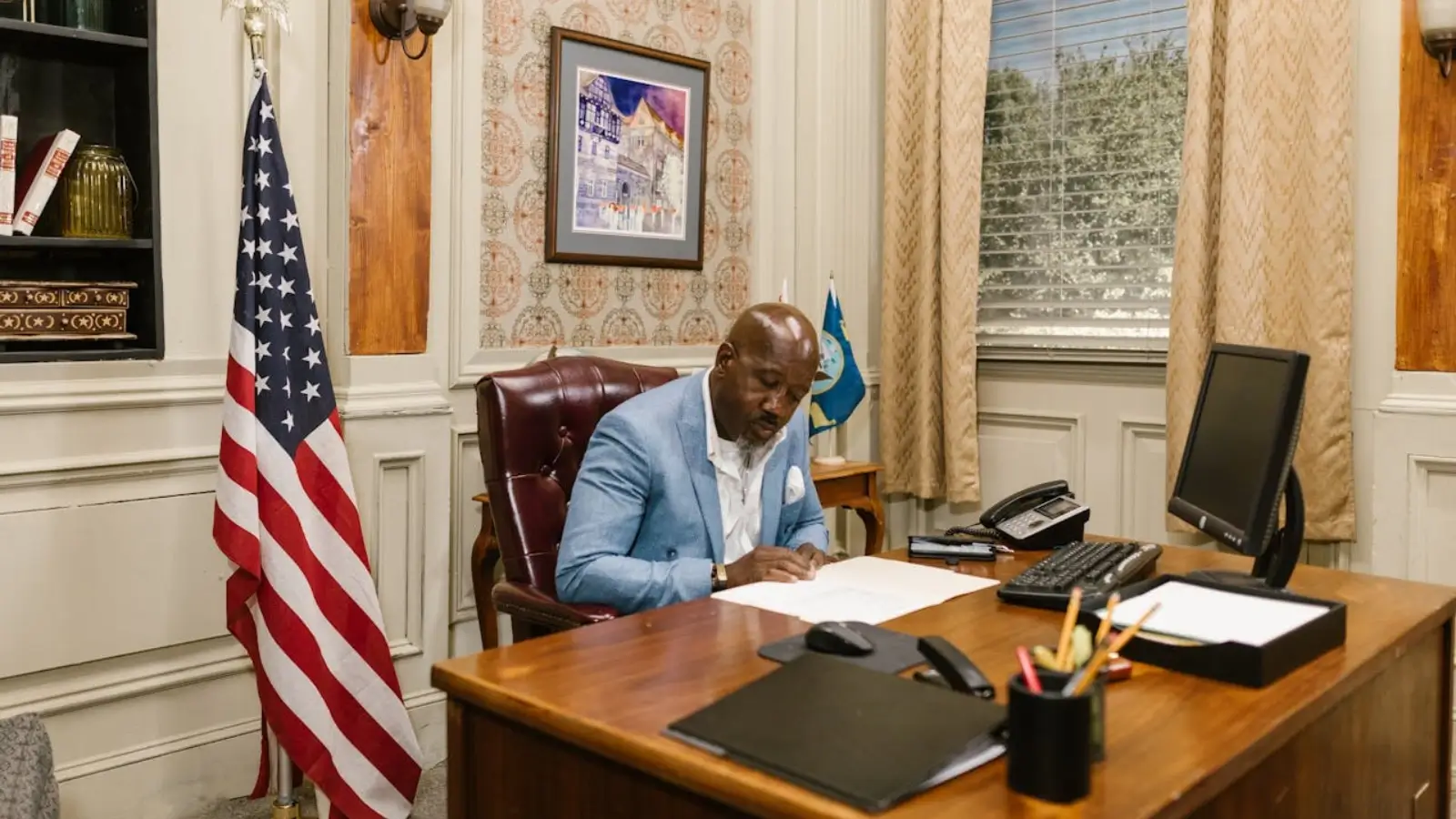In a world where global trade determines the fate of economies and livelihoods, one institution used to stand tall as the final word in trade disputes — the World Trade Organization’s Appellate Body. But today, that very system is paralyzed. The reason? A strategic and persistent blockade by the United States. This isn't just a bureaucratic hiccup; it's a political choice with consequences that ripple across continents, supply chains, and your everyday shopping basket.
Let’s break it down — without the legal jargon.
What Was the WTO Appellate Body, and Why Did It Matter?
The Appellate Body was like the Supreme Court of international trade. Countries that had disputes — whether over tariffs on steel or digital service taxes — could appeal WTO panel rulings to this seven-member body. Their decisions were binding. In essence, the Appellate Body made sure no powerful country could ignore the rules once they were found to be in violation.
For decades, this system helped stabilize global trade and gave smaller countries a fair shot at justice. Whether it was Brazil challenging the U.S. over cotton subsidies, or Thailand defending its shrimp exports, the Appellate Body was the final arbiter.
So, What Happened?
Since 2017, the United States — under both Trump and Biden administrations — has refused to approve the appointment of new judges to the Appellate Body. The excuse? That it had "overreached" and decided too many cases against the U.S. Instead of pushing for reform, Washington chose gridlock.
By December 2019, the terms of existing judges expired. Without a quorum (minimum number of judges needed), the system shut down. Today, it remains in limbo — with over two dozen cases stuck in legal limbo.
The Fallout: How It's Impacting You (Even if You’ve Never Heard of It)
Without the Appellate Body, countries can break WTO rules and face no real consequence. And guess who’s leading the way? Yes — the United States.
In recent years, the U.S. has imposed unilateral tariffs on China, the EU, and others, justifying them on national security or unfair competition grounds. These have been challenged at the WTO — and in some cases, the U.S. lost. But without an Appellate Body, those rulings can't be enforced.
The result?
-
Other countries retaliate with their own tariffs — think cheese, wine, or auto parts.
-
Consumers pay more for imported goods, from smartphones to sneakers.
-
Global uncertainty grows, as businesses can’t rely on a stable rules-based system.
This is not just trade drama between governments. It's a real threat to the global supply chain, and it directly affects small businesses, manufacturers, and ultimately, you.
Just like global trade, sports are unpredictable — but that’s half the fun. Want to turn uncertainty into excitement? Place your bets on the world’s top teams, leagues, and odds at we88 — the ultimate online sports betting hub. Get real-time updates, hot picks, and promotions tailored for fans across Southeast Asia. Bet smart. Bet global. Bet now.
Is There Any Hope?
Yes — but it’s complicated.
Many WTO members, including the EU, Canada, and China, have set up alternative appeal systems. But these are voluntary and exclude the U.S. Unless Washington changes its stance, the official appellate system remains frozen.
That said, there are talks — slow ones — to reform the dispute mechanism. The U.S. has signaled a willingness to return, but only under its terms. In the meantime, trade wars, tariff escalations, and legal deadlocks continue.
Final Whistle: Why This Matters More Than Ever
In a post-pandemic world battered by war, inflation, and economic slowdowns, a fair and functioning trade system is essential. The WTO Appellate Body was more than a legal tool — it was a symbol of fairness in an unfair world.
Without it, global trade becomes a high-stakes football match with no referee. And when the biggest player starts ignoring the rules, everyone else is left to scramble.
Now more than ever, the world needs a reset — not just in trade policy, but in the trust that nations place in rules over raw power. Until then, keep your eye on the headlines — and maybe on that rising price tag on your next online order.

















